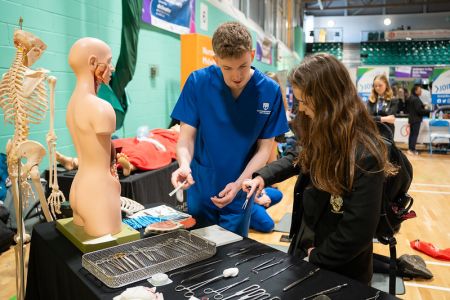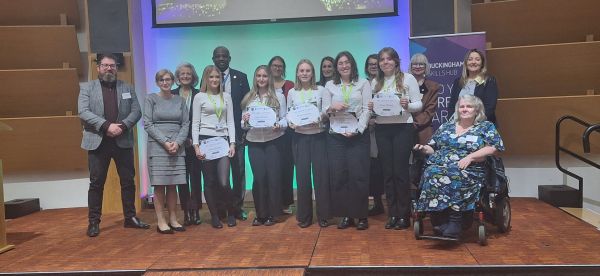- By Philippa Batting, MD of Buckinghamshire Business First
- 5 November, 2020

Share by email
Over recent months I have been reflecting over the many challenges that the COVID-19 pandemic has brought, but I suspect that when we reflect back on this time there will also have been some positive impacts.
Amidst the anguish and hardship of COVID-19, many of us have taken the chance to pause and think about our impact on the environment. In many ways, there has been some real progress made for the future net-zero economy. Concerns are now being heard with the UK’s leading organisations collectively urging the government to accelerate the transition to net-zero, whilst public sentiment can be witnessed in protests, shopping habits and social media posts.
Threats and opportunities often come hand in hand and the long-term threats to climate change can be countered today by the actions we all take to save energy and cut our carbon emissions. Businesses can play their part by enacting green strategies and by investing in energy-saving measures.
Often one of the biggest barriers to moving further forward with energy efficiencies for businesses is the cost, but this shouldn’t put the brakes on completely. Match-funded grants are there to help businesses recover up to a third of the cost of many different energy-saving measures reducing the upfront cost and the time needed to recover the investment. Information on this funding, and support from energy advisers who can help you decide what will work best for your business can be found at https://www.lowcarbonworkspaces.co.uk.
Reading Climate Festival
If you are feeling inspired to take action now, join this free webinar on the 12th November when the team from Low Carbon Workspaces will share more about the ERDF funded Low Carbon Workspace grants. The webinar is perfect for businesses who are considering taking steps to reduce their carbon footprint. The Low Carbon Team will provide information on what type of projects the grants cover and how to apply. Grants are available between £1,000 and £5,000 and can contribute up to a third of the cost of the project.







